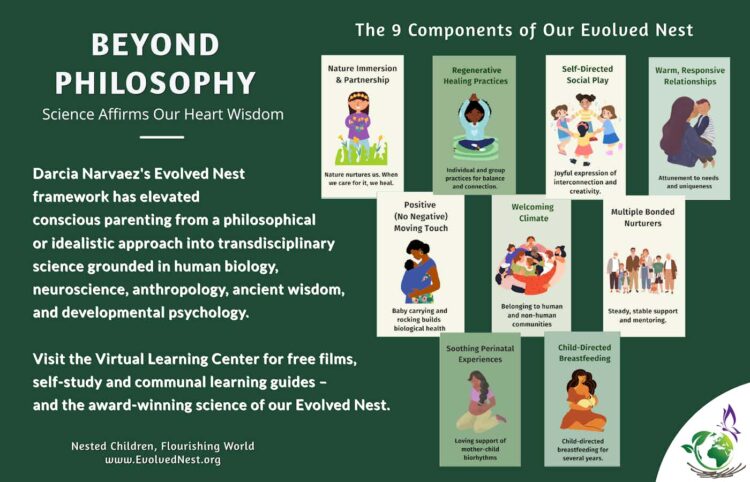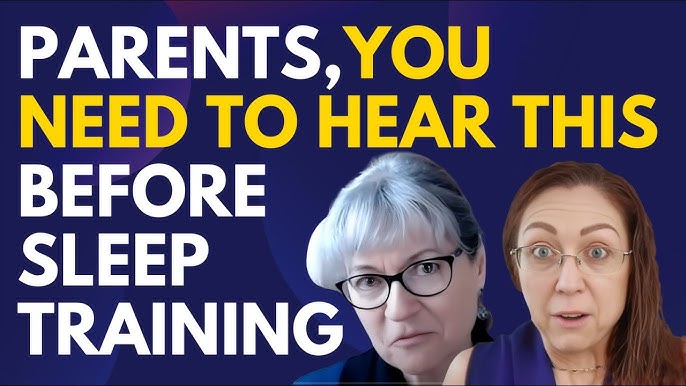Do Babies Who Cry It Out Get Anxiety and Addiction Later in Life?
A Podcast Interview with Darcia Narvaez
Do Babies Who Cry It Out Get Anxiety and Addiction Later in Life?
 The way we were cared for as babies shapes how we parent today. Without healing, stress and overwhelm can quietly pass from one generation to the next.
The way we were cared for as babies shapes how we parent today. Without healing, stress and overwhelm can quietly pass from one generation to the next.
Every parent needs co-regulation. When you calm your own nervous system, you give your child the steady anchor their body is asking for.
I’m honored to share my passion on Dr. Aimie’s podcast this week. We dive into the topic of what happens when babies are left to “cry it out,” and how those early experiences can shape not only their nervous system, but also their long-term health, relationships, and ability to handle stress.
It’s a conversation close to my heart, and one I believe every parent and caregiver deserves to hear.
More About the Interview
Is sleep training safe for babies? Research now shows that letting babies “cry it out” can disrupt their developing nervous system and brain — raising the risks for anxiety, depression, and even addiction later in life. In this episode of the Biology of Trauma® Podcast, Dr. Darcia Narvaez unpack the science of early childhood development, attachment trauma, and nervous system regulation. Early parenting choices, from sleep training to leaving babies to cry alone, shape a child’s mental health for years to come. These practices can impact emotional safety, vagus nerve function, and the ability to regulate stress — creating hidden challenges that show up as anxiety, depression, and relationship struggles later in life.
Whether you’re a practitioner wanting to understand how early attachment trauma affects adult clients, or a parent looking for nervous system regulation techniques and co-regulation strategies to support your child, this episode offers science-backed insights and practical tools you can use right away.


